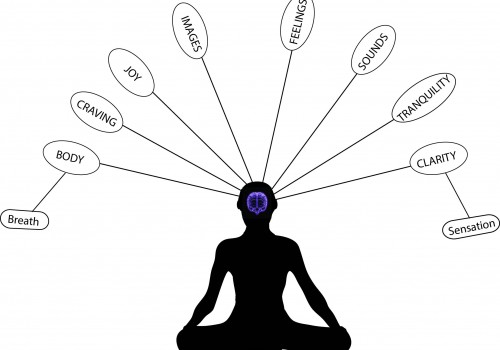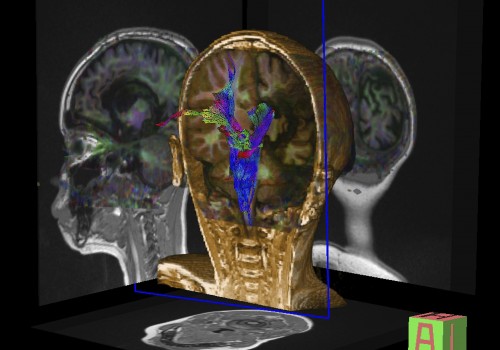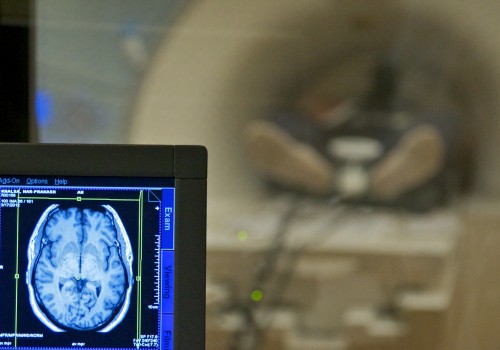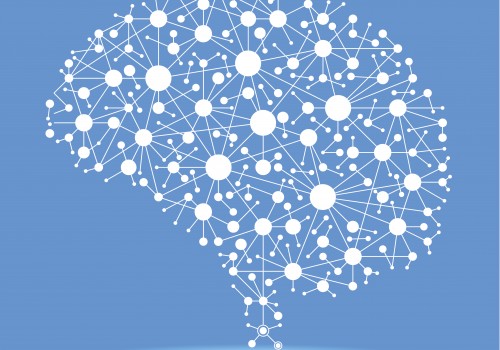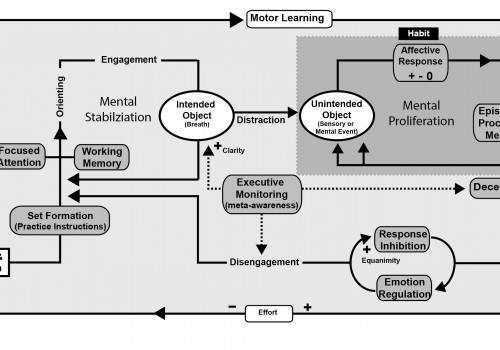Mapping the Meditative Mind is an initiative that attempts to use mixed methods for understanding the elements (and the relationships between such elements) that make up 1st person phenomenological experience during various meditative practices. Neurobiological substrates that give rise to phenomenological experience underlying different modalities of awareness in mindfulness practice are mapped onto conceptual and computational models.
Psychological resilience, in this context, refers to the ability for an individual to adaptively respond to stress and adversity. Ideally, we would like to understand how mindfulness skills can contribute to decreasing risk and improving resilience from symptom onset through remission and recovery across the spectrum of psychological disorders.

